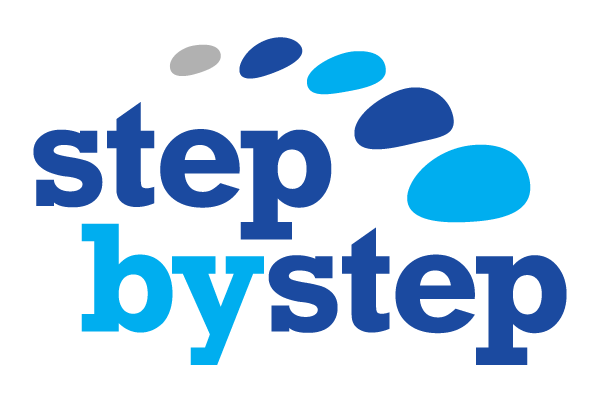Suicide Prevention Training
We have a range of suicide prevention programs which can be tailored to suit the needs of your organisation.
Spotting the Signs
Entry level training is all about raising awareness and being able to ‘spot the signs’ of suicide.
This 90 min programme that enables participants to be more suicide aware. This programme can be offered for up to 25 participants at a time.
‘Spotting the Signs’ – Learning outcomes:
- What do we need to look out for?
- How do we talk about suicide?
- How do we look after ourselves and others?
SFA Lite
The next level is Suicide First Aid (S.F.A.) lite. This is a half day programme which is designed to raise awareness and offer some guidance in what to do next, whilst also promoting confidence in participants to be able to respond to that ‘gut feeling’ they may have that the conversation that they are having could be about suicide. This programme can be offered for up to 25 participants at a time.
SFA Lite – Learning outcomes:
- What is suicide? The causes of suicide thoughts and behaviour.
- How to help prevent suicide – using a 3 step guide
- Pathways to safety – connecting someone to resources.

Suicide First Aid (SFA)
Suicide First Aid (SFA) through Understanding Suicide Interventions is a full day course. This programme is accredited by City and Guilds (C and G) of London and participants can achieve 6 credits at Level 4 on the National Qualification framework is they choose to register with City and Guide to work towards this, the only UK qualification in Suicide Prevention. This programme encourages participants to be suicide aware, to intervene or interfere, utilising the Suicide Safety Guide to support someone considering suicide to keep themselves safe from suicide using a tried and tested safety framework. This programme can be offered for up to 16 participants at a time.
This day is divided into 4 parts:
- Part 1 offers and overview of the factors leading to Suicide, a UK wide perspective and some conversation around how we talk about Suicide.
- Part 2 details some of those factors some more, looks at Partnership working and utilises a film to set the basis for Parts 3 and 4.
- Part 3 details a Suicide Safety Guide – 3 steps that can be worked through in a conversation to encourage someone to keep safe.
- Part 4 then considers what happens next, how we look after ourselves and where we can go for support.
Applied Suicide Intervention Skills Training (ASIST)
Applied Suicide Intervention Skills Training (ASIST) – this is a two day training programme. ASIST offers participants a model to utilise to keep someone safe from acting on their thoughts of suicide. During the two days there is plenty of time to enable participants to practice the skills that they learn. This programme can be offered for up to 28 participants at a time.
ASIST learning outcomes:-
- Be suicide alert – identify people who have thoughts of suicide
- Understand the reasons behind thoughts of suicide and the reasons for living
- Access risk and safety – develop a plan to increase the safety of the person at risk of suicide
- Recognise invitations for help
- Recognise potential barriers of seeking help
- Offer support – recognise other important aspects of suicide prevention including life-promotion and self-care
- Effectively apply a suicide intervention model
- Link people with community resources

